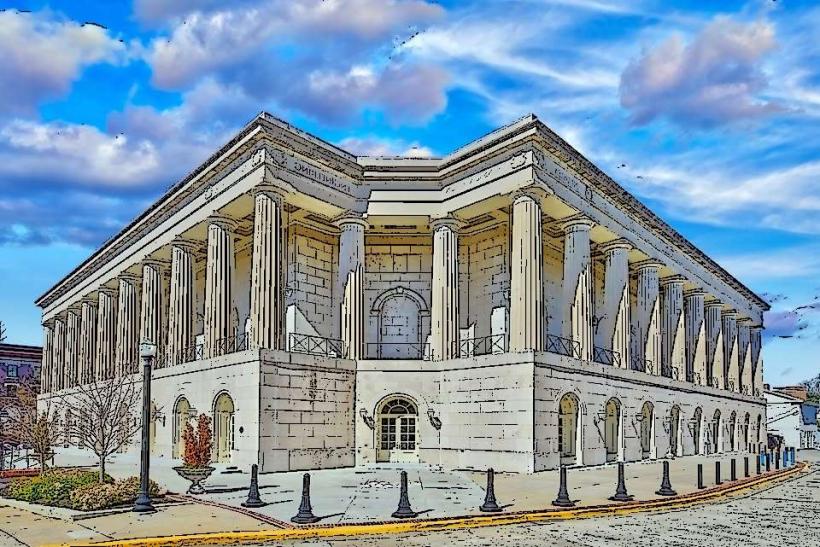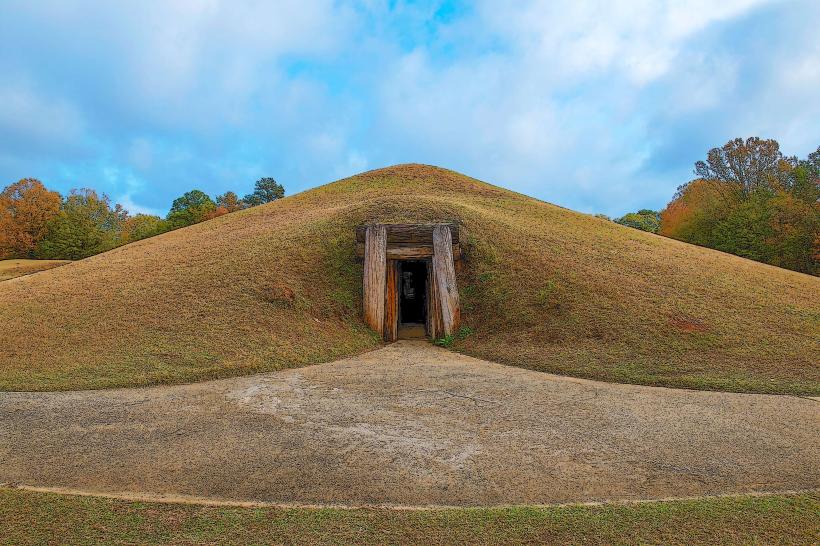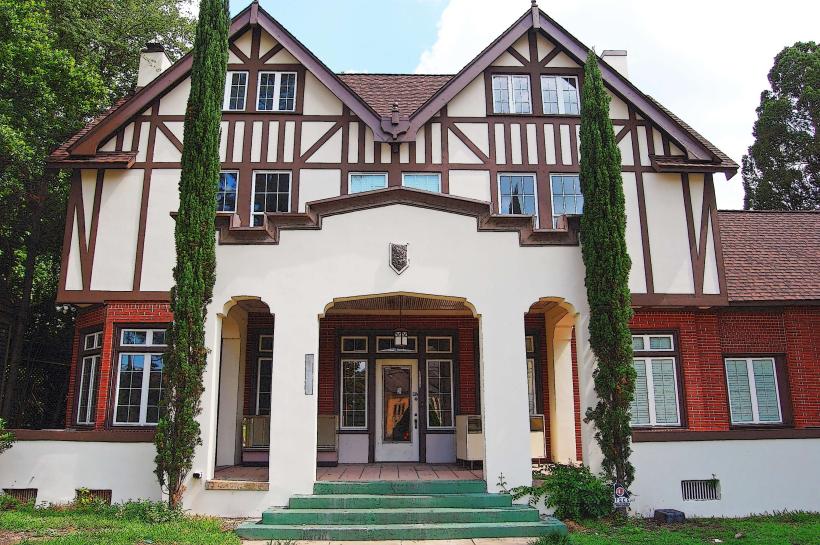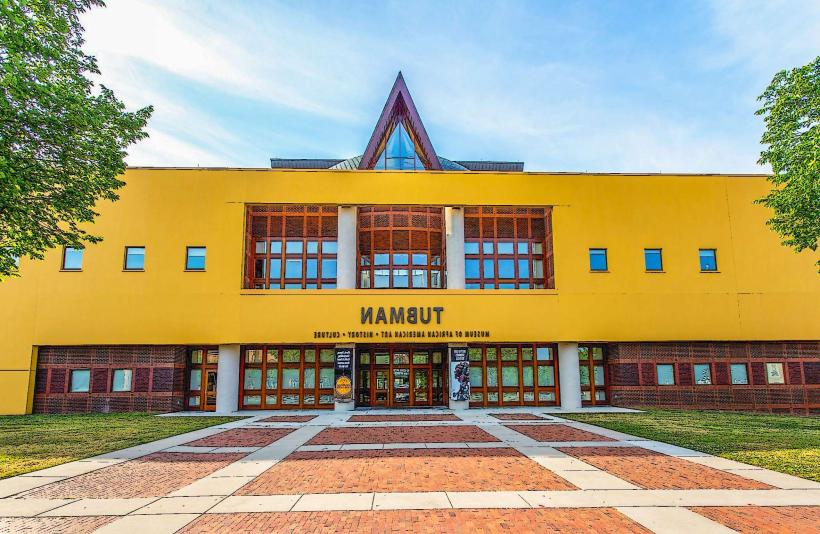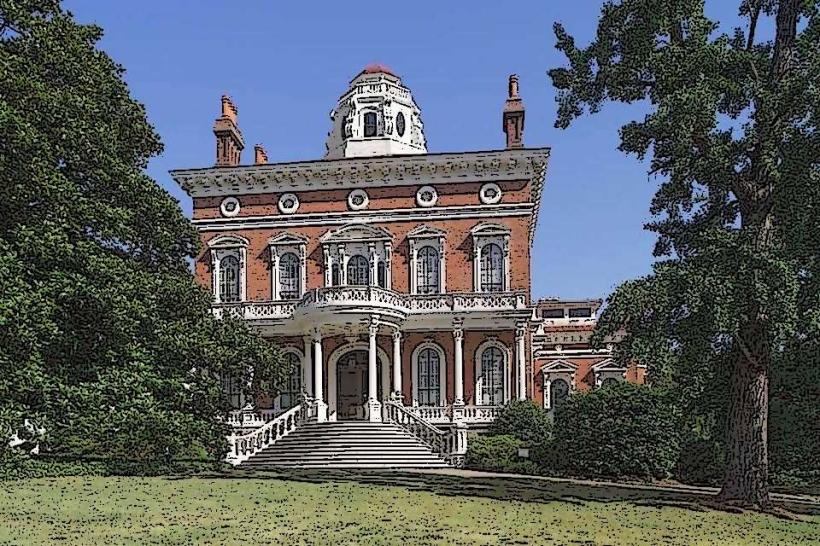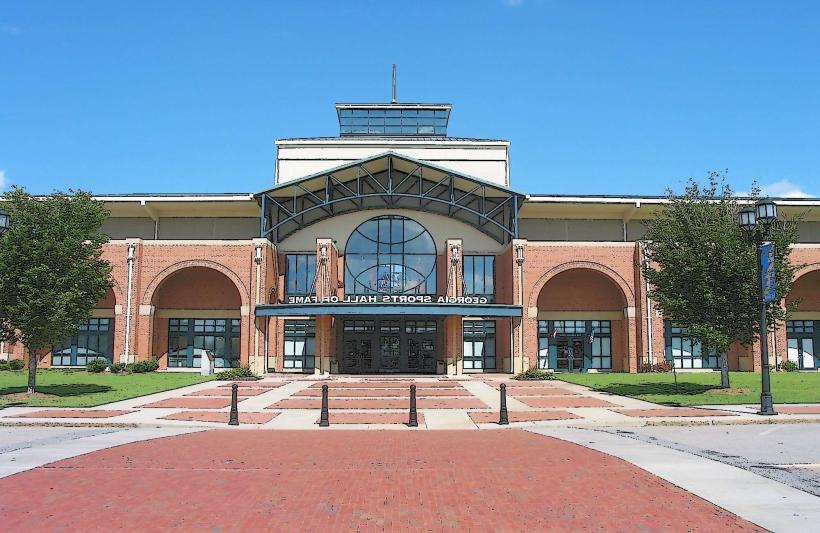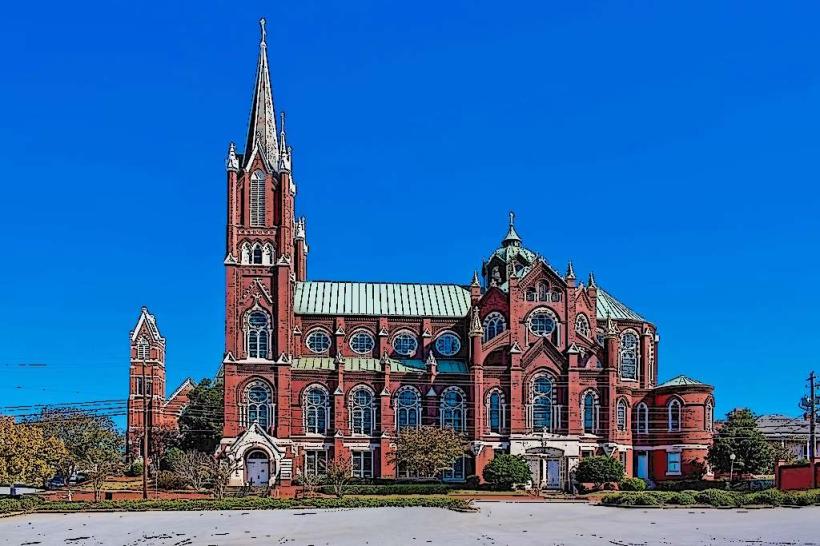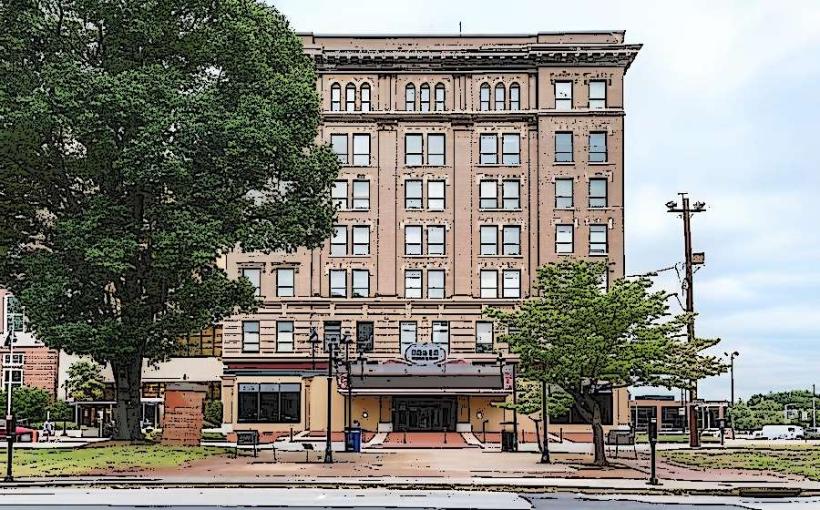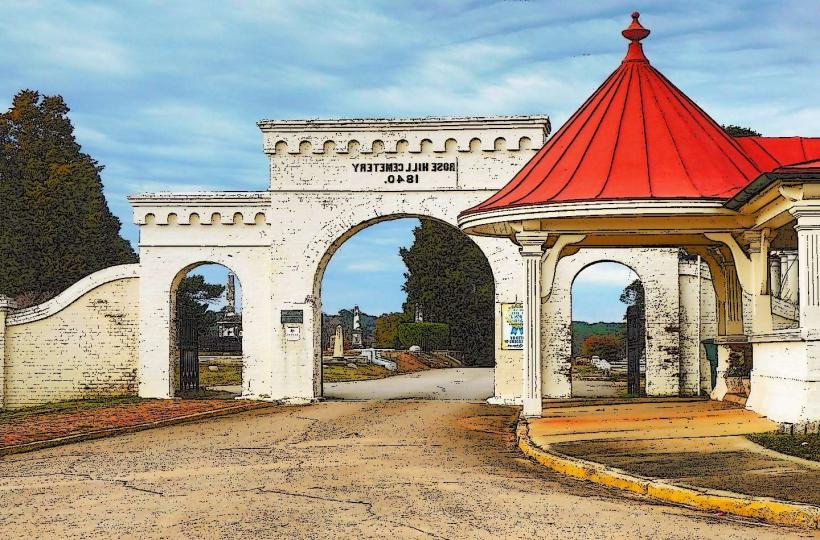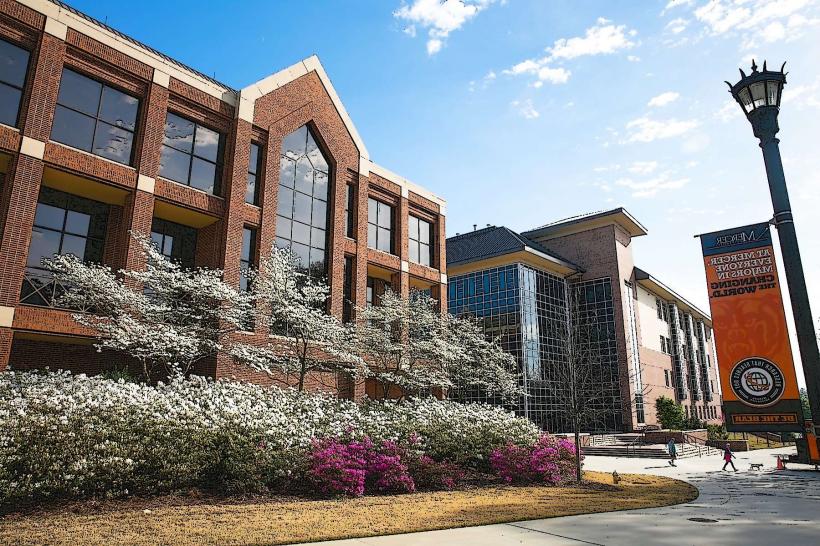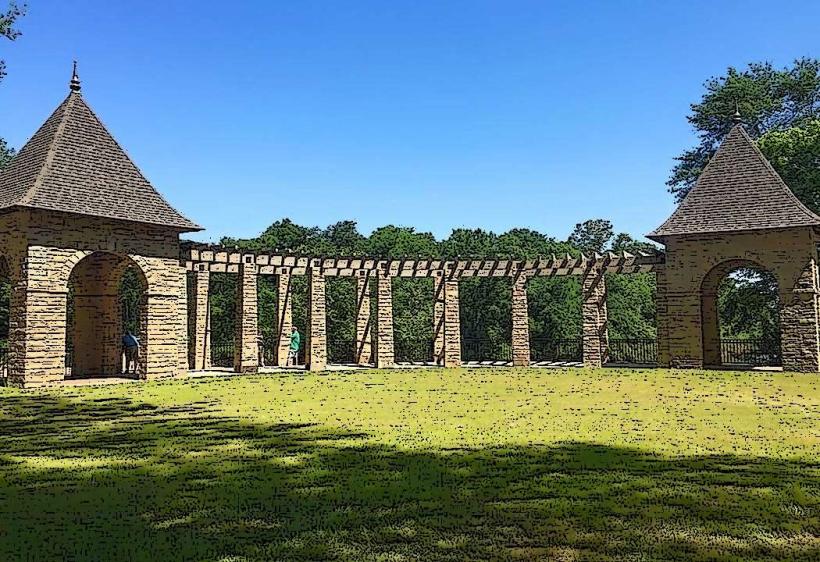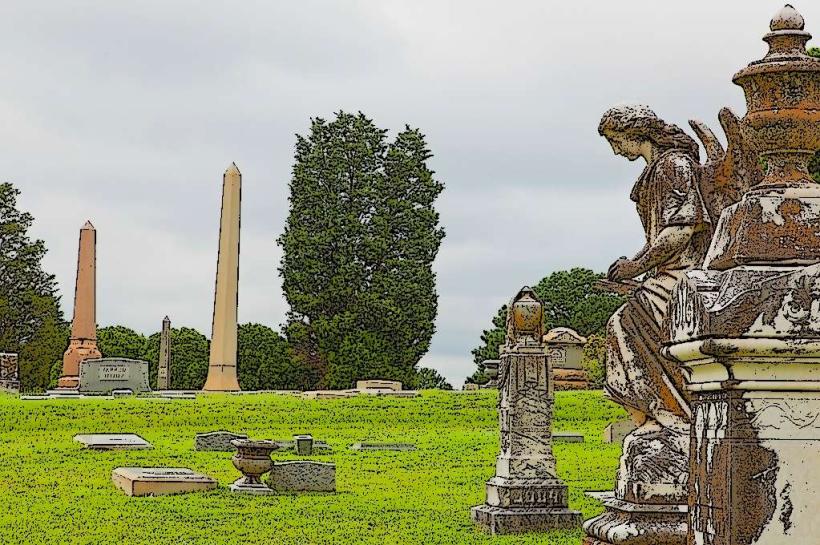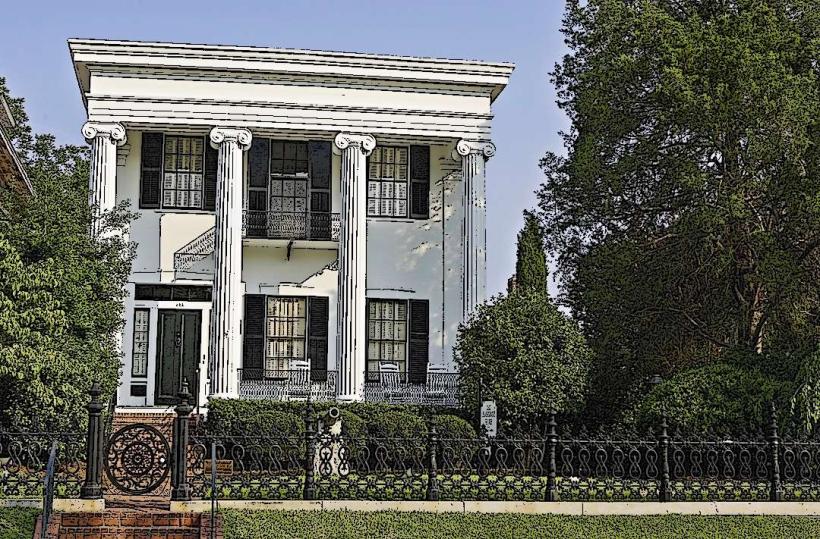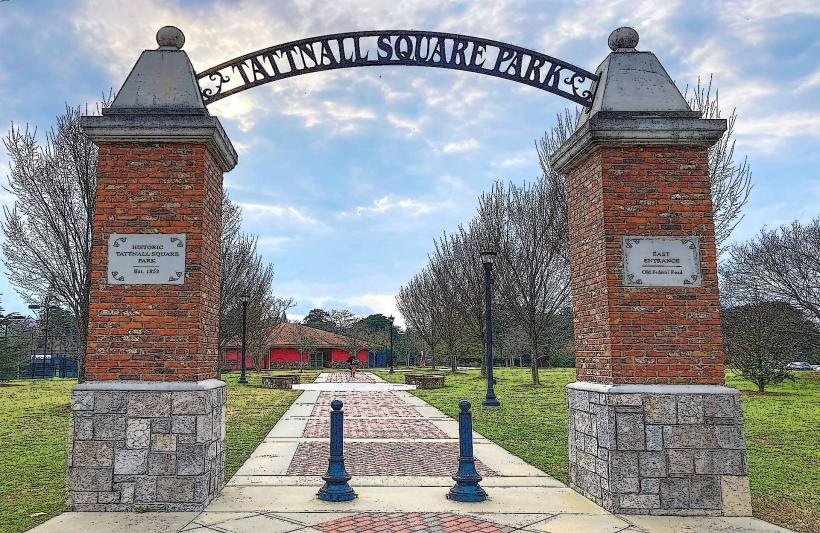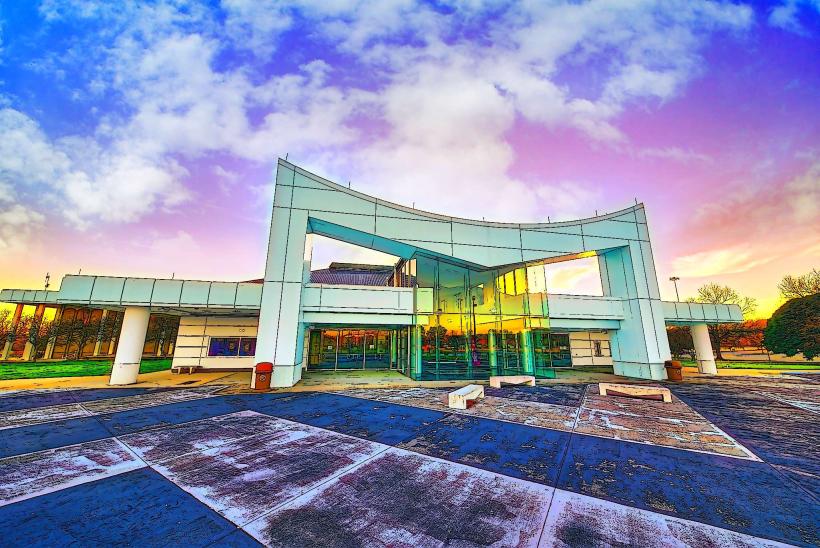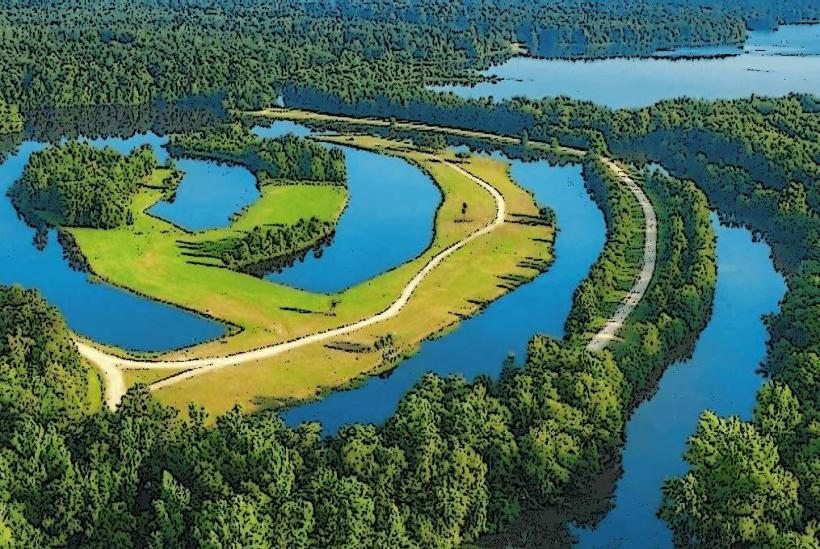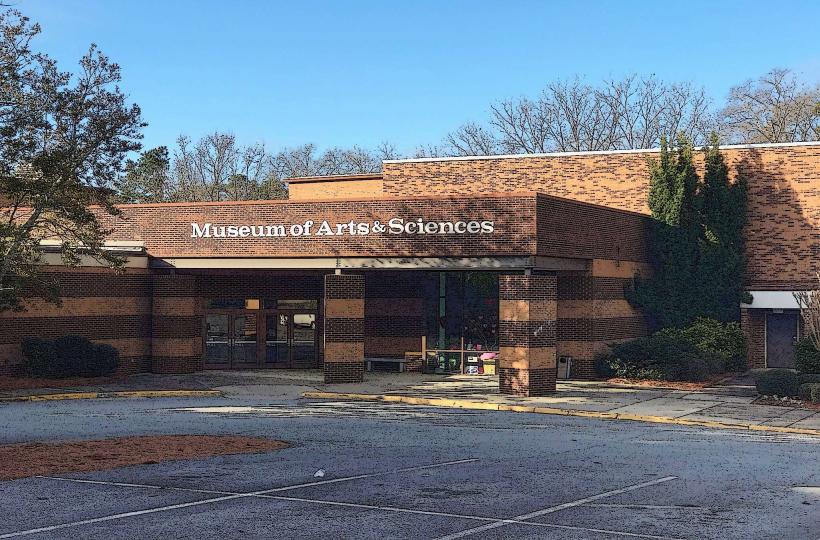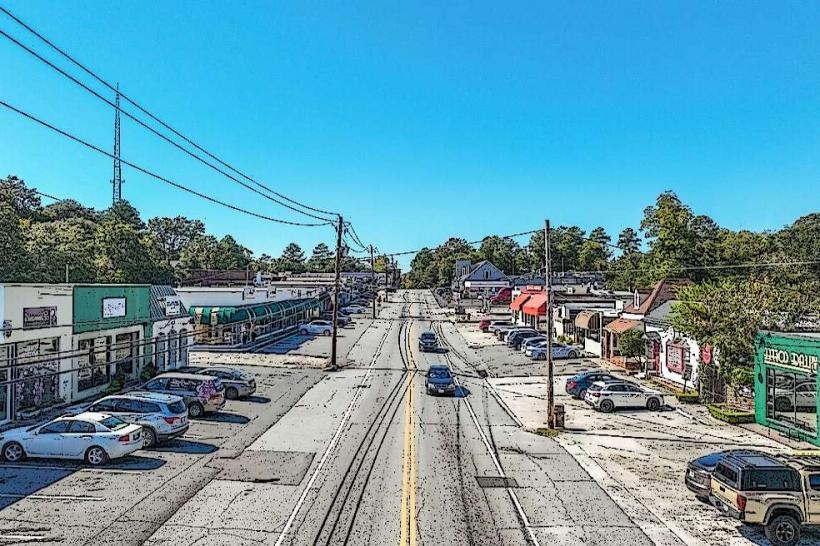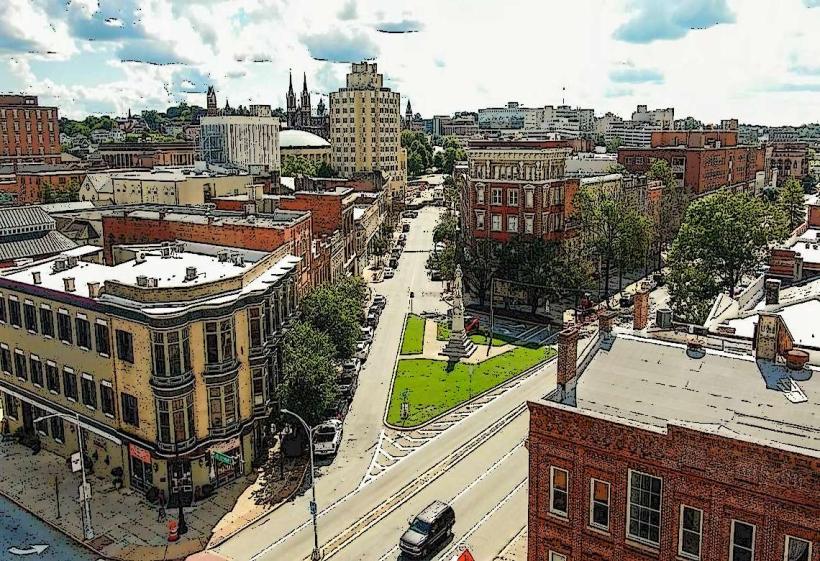Information
Landmark: Wesleyan CollegeCity: Macon
Country: USA Georgia
Continent: North America
Wesleyan College, Macon, USA Georgia, North America
Wesleyan College is a private liberal arts college located in Macon, Georgia, USA. It is recognized as the first institution in the world chartered to grant degrees to women.
Visual Characteristics
The campus features a collection of historic academic and residential buildings constructed primarily from brick and stone. Architectural styles range from Neoclassical to Victorian Gothic. Notable structures include the original administration building with its prominent clock tower and the Greek Revival-style Murphey Performing Arts Center. The grounds are landscaped with mature trees and manicured lawns.
Location & Access Logistics
Wesleyan College is situated at 4760 Forsyth Road, Macon, Georgia. It is approximately 5 kilometers (3.1 miles) southwest of Macon's central business district. Access is via Forsyth Road, which connects to Interstate 75. Ample on-campus parking is available for visitors. Public transportation options include the Macon-Bibb County Transit Authority bus route 12, which stops near the college entrance.
Historical & Ecological Origin
Founded in 1836 by the Methodist Episcopal Church, Wesleyan College was chartered on January 15, 1836. Its original purpose was to provide higher education for women, a pioneering concept at the time. The campus was designed by architect John Andrew Jackson, with later additions by others. The land itself is part of the Piedmont physiographic region of Georgia.
Key Highlights & Activities
Visitors can explore the historic architecture of the campus. The campus museum houses artifacts related to the college's history and its role in women's education. Guided tours of the campus are available by appointment. The college hosts various public lectures, concerts, and art exhibitions throughout the academic year.
Infrastructure & Amenities
Restrooms are available in academic buildings and administrative offices. Shaded areas are provided by mature trees across the campus. Cell phone signal (4G/5G) is generally reliable on campus. Food vendors are not typically located on campus, but dining options are available in nearby commercial areas along Forsyth Road.
Best Time to Visit
For optimal campus viewing and photography, the late morning or early afternoon provides good natural light on the brick and stone structures. Spring (April-May) and Fall (September-October) offer pleasant weather for walking the grounds. The college operates on an academic calendar, so checking for public events is recommended.
Facts & Legends
A notable historical fact is that Wesleyan College awarded its first degrees in 1840, predating other institutions that claimed to be the first. A local legend suggests that the clock tower chimes are imbued with the spirit of early alumnae, guiding students through their academic journeys.
Nearby Landmarks
- Mercer University (1.5km Northeast)
- Ocmulgee Mounds National Historical Park (4.0km East)
- Hay House (4.5km Northeast)
- Georgia Sports Hall of Fame (4.8km Northeast)
- The Allman Building (4.9km Northeast)

